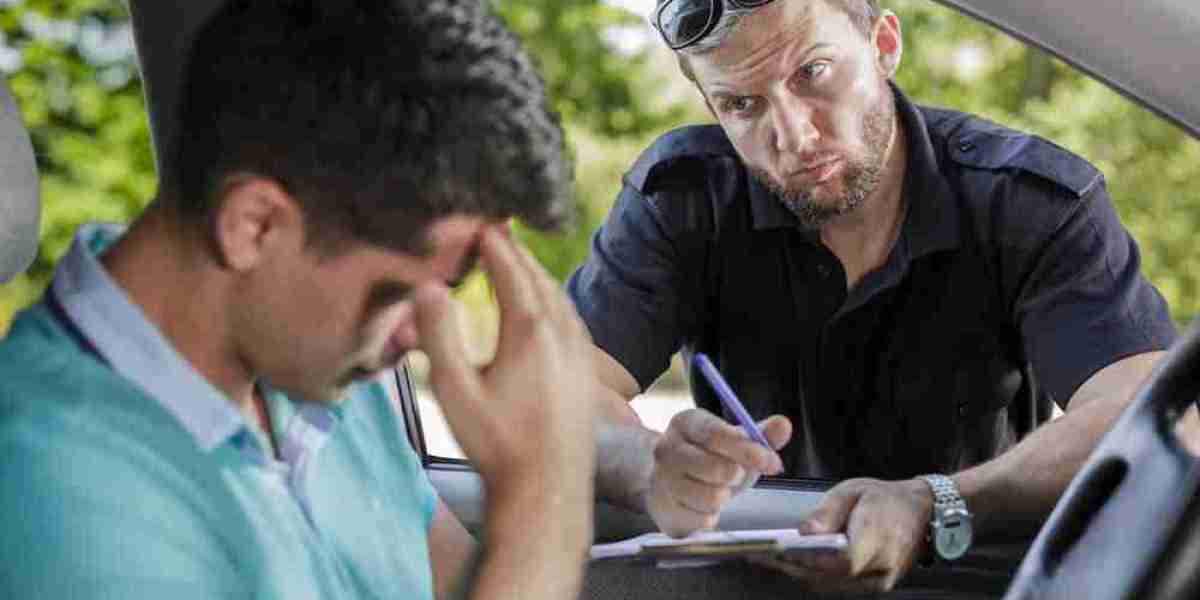Speeding is a serious offence in the UK, and speed cameras play a crucial role in ensuring that drivers adhere to speed limits. While they are widely accepted as an effective tool for road safety, questions about their fairness and accuracy often arise. In this article, we will explore the technology behind speed cameras, the concerns regarding their use, and how a speeding ticket solicitor can help you if you have been caught speeding.
The Role of Speed Cameras in Road Safety
Speed cameras are installed across the UK to monitor and enforce speed limits, particularly in areas where speeding is more likely to cause accidents, such as residential zones, school areas, and high-risk roads. Their main purpose is to deter drivers from speeding, ultimately improving road safety for everyone.
The idea behind speed cameras is simple: they provide an objective, automated means of catching offenders. By deterring speeding, they help reduce the risk of accidents, injuries, and fatalities. However, as effective as they are, the fairness of their use is a topic of ongoing debate.
How Do Speed Cameras Work?
Speed cameras use various technologies to capture speeding offences. The most common types include:
1. Fixed Cameras: These are stationary cameras often placed in high-risk areas. They are equipped with radar or laser sensors to detect the speed of passing vehicles. When a vehicle exceeds the speed limit, the camera takes a photo of the vehicle’s registration plate, which is then used to issue a speeding fine.
2. Mobile Cameras: These are portable cameras used by traffic officers to monitor traffic from vehicles or hidden positions. They use similar technology to fixed cameras but can be moved to different locations to monitor various areas.
3. Average Speed Cameras: Installed over a stretch of road, these cameras track a vehicle’s average speed between two points. If a driver exceeds the average speed limit over the entire distance, they are issued a ticket.
4. ANPR (Automatic Number Plate Recognition) Cameras: These cameras can detect the speed of a vehicle while also capturing its number plate. They are often used in conjunction with other speed enforcement tools.
While these cameras are widely used to enforce speed limits, concerns about their fairness and accuracy continue to surface.
Concerns About the Fairness of Speed Cameras
1. Accuracy of Measurements: One of the primary concerns is the accuracy of speed measurements. Speed cameras can be subject to calibration errors, which may lead to incorrect readings. If the camera’s radar or laser sensors are not calibrated properly, a vehicle may be incorrectly flagged for speeding. In such cases, it may be possible to challenge the speeding fine, but the driver will need solid evidence to support their claim.
2. Lack of Clear Signage: Another issue is the visibility of speed camera signs. Drivers may not be aware that they are entering an area with speed cameras, particularly with mobile or hidden cameras. This lack of transparency can make some feel that speed cameras are unfairly targeting them rather than genuinely aiming to improve safety.
3. Revenue Generation: Critics of speed cameras argue that they are used as a tool for generating revenue rather than enhancing road safety. In some areas, cameras are strategically placed in locations where speeding is not as prevalent, leading some to question their fairness. However, supporters of the cameras argue that they are necessary to keep drivers compliant with the law and reduce accidents.
4. Disproportionate Penalties: Speeding fines can vary depending on how much the speed limit has been exceeded. Drivers caught speeding by cameras can face hefty fines and penalty points on their licence, which can have a significant impact on their driving record and insurance premiums. Some argue that the penalties for speeding may be disproportionate to the offence, especially for minor violations.
What to Do If You Receive a Speeding Ticket
If you receive a speeding ticket from a camera, it is essential to understand your rights and options. You can either pay the fine, contest the ticket, or request a speed awareness course if eligible. However, if you believe the speeding ticket was issued unfairly or if there were errors in the process, you have the right to challenge it.
In this situation, a speeding ticket solicitor can provide invaluable assistance. Here’s how they can help:
1. Reviewing the Evidence: A speeding ticket solicitor can review the evidence to determine if there are any inaccuracies or issues with the camera’s operation. For example, they can check whether the camera was properly calibrated, whether the signage was adequate, or whether there was a mistake in identifying your vehicle.
2. Exploring Defences: There are several defences that can be raised when contesting a speeding ticket. A speeding ticket solicitor can help you determine if any of these defences apply to your case. Common defences include challenging the accuracy of the speed measurement or demonstrating that the signage was not clear or visible.
3. Negotiating Penalties: If you are unable to successfully contest the speeding ticket, a solicitor can help negotiate a reduction in your penalty or explore alternative options, such as a speed awareness course to avoid points on your licence.
4. Representation in Court: If your case goes to court, a speeding ticket solicitor can represent you and argue your case in front of a judge. They will use their legal expertise to ensure that your rights are protected and that you receive the fairest possible outcome.
How Can "Motoring Defence" Help?
we understand the stress and confusion that comes with receiving a speeding ticket. Our experienced team of speeding ticket solicitors is here to help you navigate the legal process, challenge unfair fines, and minimize penalties. Whether you’ve been caught by a fixed, mobile, or average speed camera, our expert solicitors can assess your case and offer clear, actionable advice.
Our services include:
• Free Consultation: We offer an initial consultation to review your case and provide an honest assessment of your options. We’ll explain whether you have grounds to challenge the ticket and what the likely outcomes might be.
• Expert Advice: Our speeding ticket solicitors are highly experienced in handling speeding offences. We will guide you through every step of the process, from contesting the ticket to representing you in court if necessary.
• Challenging Inaccuracies: If there are concerns about the accuracy of the speed camera or other issues with the ticket, we will work hard to gather the necessary evidence to challenge the fine effectively.
• Court Representation: If your case requires a court appearance, we will be there to represent you. We will present a compelling case to the court, aiming for the best possible outcome.
Conclusion
Speed cameras play a significant role in maintaining road safety, but concerns about their fairness and accuracy are not uncommon. If you have been caught speeding by a camera, it’s crucial to understand your options and rights. With the help of a speeding ticket solicitor from "Motoring Defence," you can challenge unfair fines, explore defences, and work to reduce penalties. Don’t let a speeding ticket negatively impact your driving record. Contact us today for expert legal advice and support.














